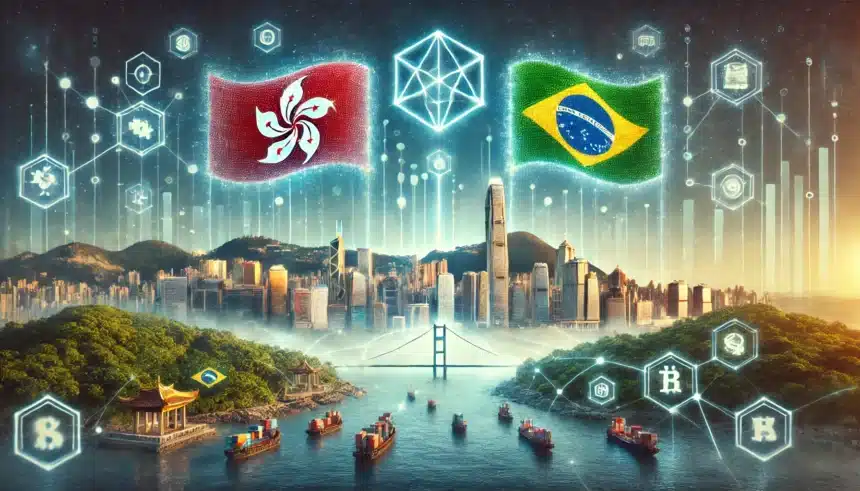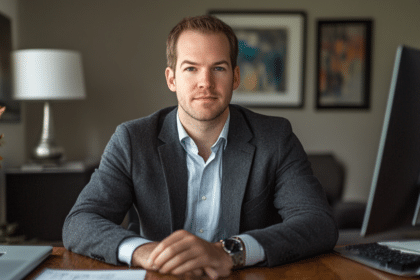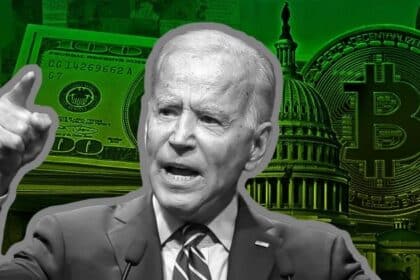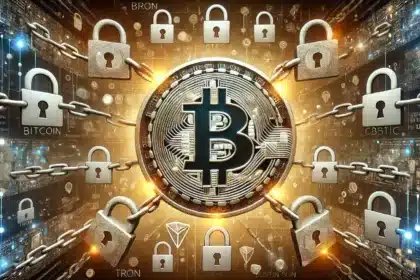The Hong Kong Monetary Authority and Brazil’s Central Bank will cooperate in exploring cross-border digitalization drives. Through Project Ensemble and Brazil’s Drex pilot, the banks will test integrating digital money frameworks to boost functionality and safety in global exchanges. The concentration is on payment-against-payment and delivery-against-payment versions pertinent to zones like trade funding and carbon credits.

Some views hold that tokenizing international operations can streamline settlement while others argue more study is needed on privacy. There is great potential here but also many open questions as these new integration models aim to bring tangibility and control to complex worldwide marketplaces.
Project Ensemble: Hong Kong’s Step into Asset Tokenization
Launched in August 2024, HKMA’s Project Ensemble aims to unlock the potential of tokenized assets in various sectors, using its Ensemble Sandbox to facilitate experimentation. The project explores four primary areas: fixed income and investment funds, liquidity management, green finance, and trade and supply chain finance. The goal is to reduce the high costs and delays that typically accompany cross-border transactions by making payments faster and more efficient.

Notably, HKMA’s Sandbox serves as a testing environment where real-world applications, such as digital financing for supply chain management, can be trialled under controlled conditions. This lofty initiative hopes to leverage cutting-edge distributed ledger technology to streamline settlements on a global scale. The HKMA’s success with Project mBridge underscores its commitment to cooperative innovation across borders. International collaboration is key to realizing Ensemble’s ambitious vision of simplified, cost-effective digital transactions worldwide.
Drex: Brazil’s Digital Currency Pilot on the Rise
On the other side of the globe, the Brazilian Central Bank was advancing their tokenization ambitions in a variety of ways. One such effort was the Drex, Brazil’s pioneering central bank digital currency. At this time, Drex had engaged in collaborative testing with over seventy companies to cultivate a tokenized financial system encompassing diverse realms from electronic commerce payments to tangible property transactions.
The expansive Drex program was carefully engineered to facilitate the progressive integration of tokenized assets throughout Brazil’s sophisticated financial landscape, working intimately with prominent market players to ensure that tokenized assets possessed the adaptability and dependability to substantiate an assortment of innovative uses. The program also placed a premium on conformance with the regulation, as the dissemination of tokens necessitated synchronization across dissimilar financial jurisdictions.
Mutual Benefits in the Global Tokenization Movement
The partnership between the Hong Kong Monetary Authority and the Bank of Canada symbolizes both institutions’ vision of guiding finance into the digital realm through cryptocurrencies and asset tokenization. By linking infrastructures, they intend to jointly conduct cross-border experiments to address issues of interoperability — whether technical difficulties exist or regulatory obstacles arise — that often hamper such grand schemes.
Both bodies had affirmed their dedication to monetary innovation within their respective markets through an agreement established in 2018. In the time since, the HKMA and BCN have bolstered this relationship through shared efforts, underscoring how global collaborations are integral to developing financial systems that are seamless, transparent, and secure.
The Bigger Picture: A Growing Trend in Asset Tokenization
As nations gradually embrace the tokenized economy, the alliance between HKMA and BCB exemplifies a proliferating phenomenon. With heavyweight governments like America and the European Union investigating analogous undertakings, tokenization is progressively perceived as a technique to safely digitize ownership of authentic resources while diminishing the necessity for facilitators in worldwide exchanges.
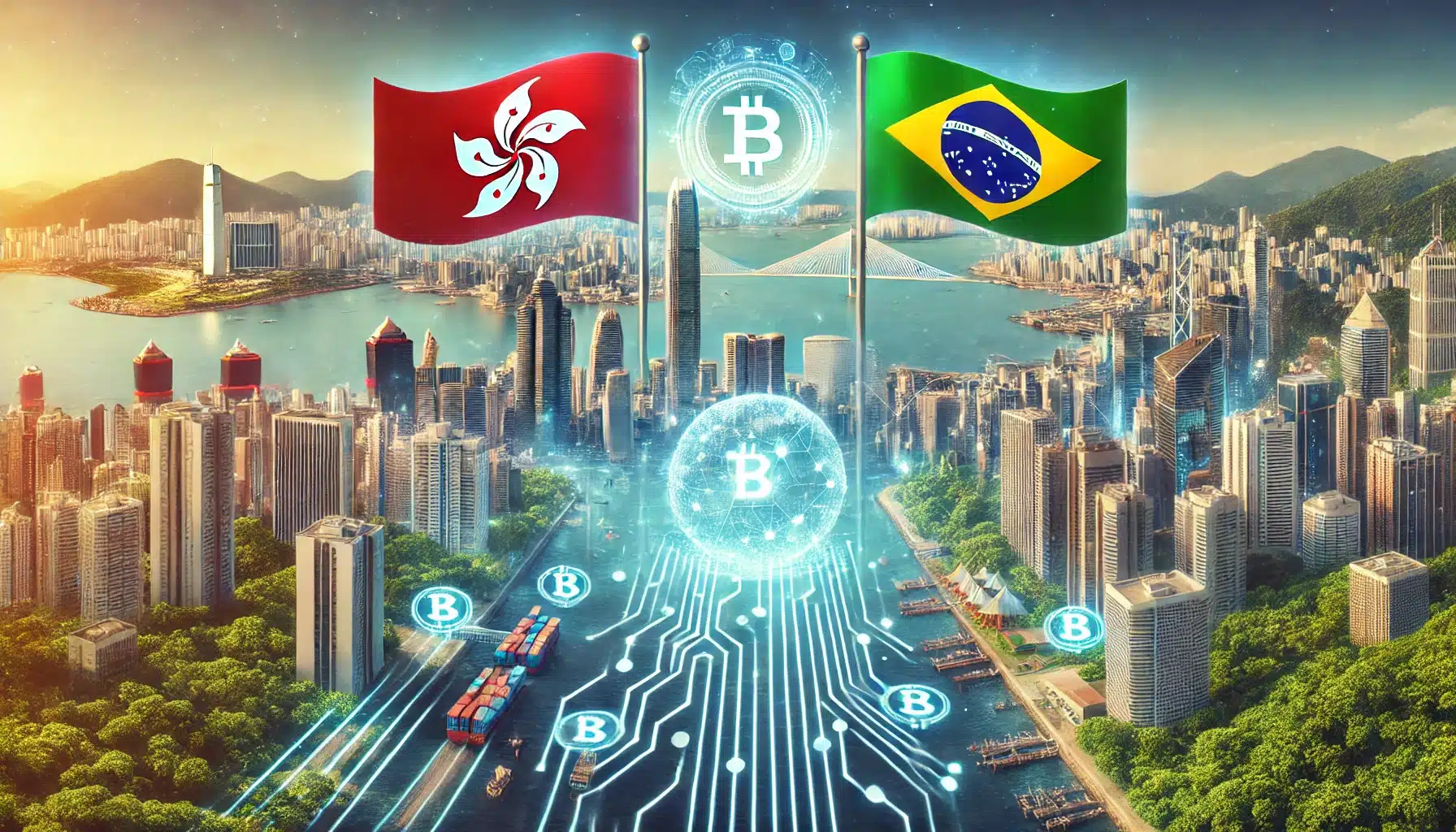
The HKMA and BCB endeavours demonstrate how administrative bodies can actualize cross-outskirt tokenization answers that are consistent with direction to help a more fluid and resilient worldwide budgetary framework. Additionally, their joint exertion speaks to the developing worldwide pattern towards decentralization and computerized resources the board, giving trust that tokenization can upgrade access, proficiency and straightforwardness internationally.
Summary
Both Hong Kong and Brazil have worked diligently to build a more connected economic relationship through coordinating policies for digital transactions. The Hong Kong Monetary Authority and the Central Bank of Brazil are pioneering interdependent regulations that streamline international exchanges, accelerating trade while also ensuring transparent oversight.
By synchronizing frameworks for tokenized assets, these forward-thinking agencies are establishing global leadership around efficient cross-border transfers via synchronized safeguards and simplified procedures. As a result, commerce across continents will flow more freely, fueled by integrated digital systems upholding consistent standards of security and accountability worldwide.
Stay tuned to TheBITJournal and keep an eye on Crypto’s updates. Follow us on Twitter and LinkedIn, and join our Telegram channel to be instantly informed about breaking news!



